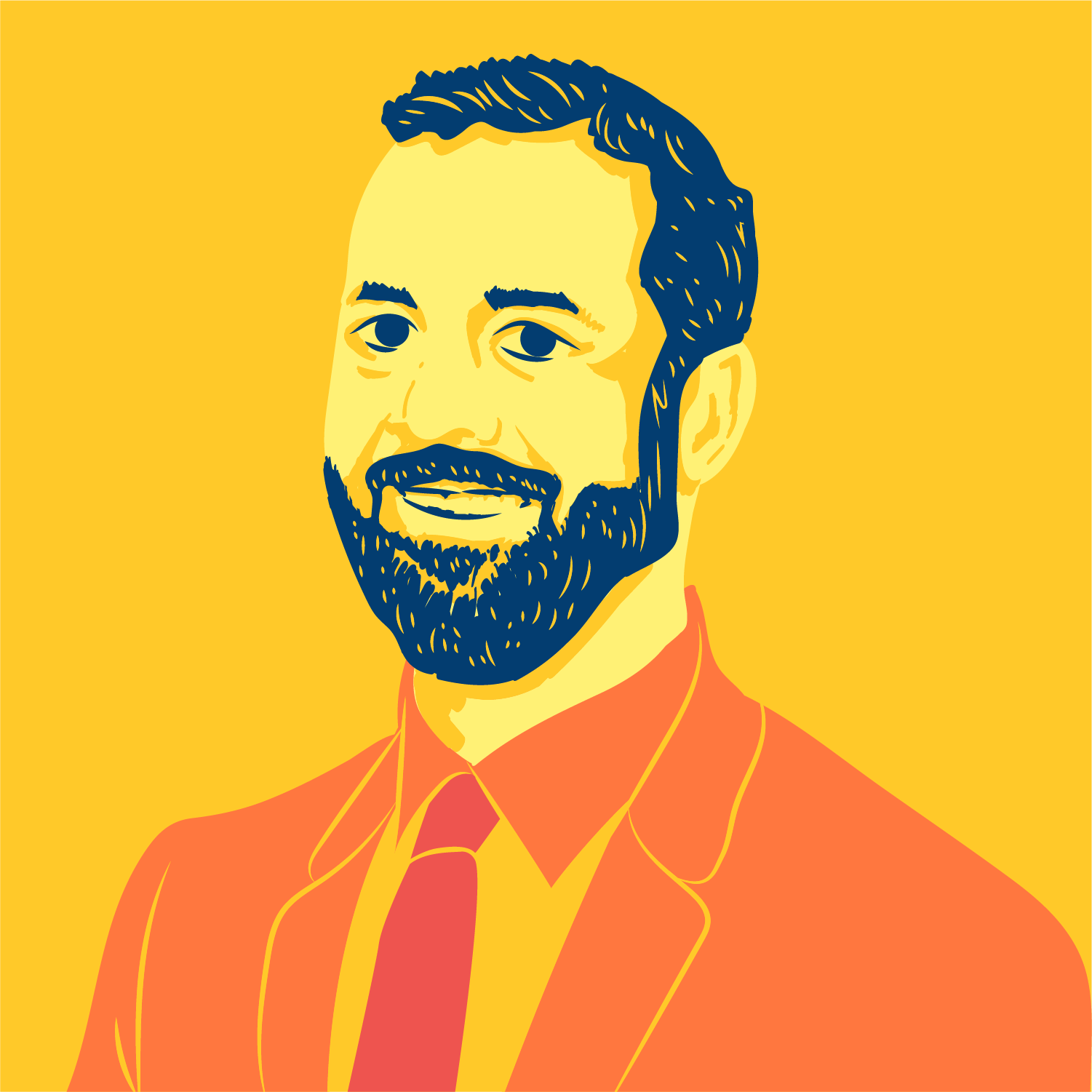Both law and philosophy are in the distinction-drawing game.
So if you think about what a lawyer does, very frequently, what'll happen at an oral argument. A judge will say, well, what about this case? Isn't this case like your case and this case that I proposed seems like it has an answer that does not produce the answer that you are trying to get in your facts for your client. What does the lawyer have to do?
Generally, a lawyer can respond to a question by either saying, well, you're wrong about the answer in that hypothetical, or the lawyer can draw a distinction between that case, the hypothetical that the judge has proposed, and the case before the court. The case that they're talking about.
Drawing distinctions is the lawyer’s game. You know who else is in the distinction-drawing game? Philosophers. Philosophers love to either say there's a distinction between two kinds of things or say there's not a distinction. That's the history of the field ever since Plato. They've been saying this thing is distinct from this other thing, or this thing is like another thing. What is analogous to what. What is dis-analogous from what.
That's the name of the game, both in law and in philosophy, both in academic law and in academic philosophy. Both law and philosophy very, very much want not to be sloppy. If you look at how law proceeds, it proceeds very, very slowly. They say the wheels of justice grind very slowly, but they grind very, very fine. And philosophy is, one way to think of it, it's the art of thinking slowly. Not jumping to conclusions. Being careful about exactly what the premises are. Taking arguments, turning them upside down. Seeing if you can deny conclusions and run that as an argument for denying premises. That's exactly the kind of thing that happens in the law as well. We have premises. We have conclusions. We've got arguments from the premises to the conclusions. And we think about taking that argument and turning it upside down.
` So because both lawyers and judges and philosophers and philosophy students and people thinking about the subjects of philosophy, so ethics or epistemology or metaphysics, people thinking about either of these fields, very much want not to be sloppy. It makes a lot of sense for lawyers if they don't want to be sloppy to pay attention to the results from the people who are not sloppy for a living. That's what philosophers are.
If you look at what, especially in the analytic tradition, sometimes philosophers, you look at what they do and you look at well, you might think they've made no progress at all because they've been so focused on not being sloppy, being absolutely, and totally rigorous. You might think, ah, this isn't really any different from math. On the other hand, it's much better to make a very, very small amount of progress, very securely, than to jump ahead and do something that you're going to have to undo later, because it turns out you've made a bunch of assumptions that turn out to be false.







